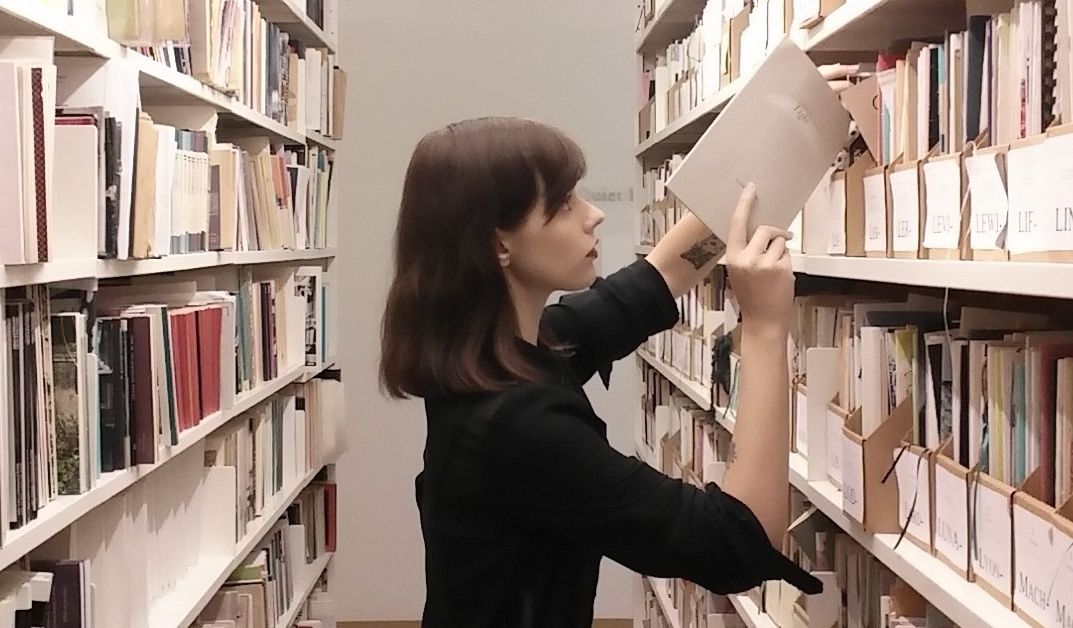all their blood. I want to lick their smooth arches.
My lover says he could do it if he wanted to,
It's all about weight displacement. He ruins
every illusion by staring at his own hands. I ruin
every illusion by threading it to hunger. When
Eric the Great was twelve, he ran away to earn
money for his family. He returned to his mother,
his pockets filled with coins, and said, Shake me,
I'm magic. So often our bodies betray us, just look
at our feet, how they point to what we desire.
Sometimes I don't look until I'm headed out
the door. I've got so much to do. Overgrown
boy. Tight smile. My father was always arriving
late, confirming his face in every window's reflection.
The wind that finds its way into this city
is the cruelest, the kind that searches for our
soft spots. Pulsing tender skulls. My mother
called to say, Go on and eat. I can't be late when
everything I reach for moves further back. The lake,
folding its skin. I only know that a mirror is silver
because I've seen one scuffed. All my spoons
are weak-necked, but I was wrong when I said
the most desperate noise was either silverware
clattering in a fast-pulled drawer, or a swing sets'
sharp chirp. Sometimes it's hard to know the built
from the grown. Sometimes it's our fault. The serinette
was created to teach canaries how to sing correctly.
And when my lover tells me I'm correct to love him,
I know the noise isn't metal at all. It's not the rattle
of coins, but the scrape of fingers picking them up.
As an adult, Eric the Great changed his name to Houdini
to honor Jean Robert-Houdin, who would open his palms
to the audience and say, Nothing here now—neither anything,
nor anybody, before pulling his wife from the ether.
